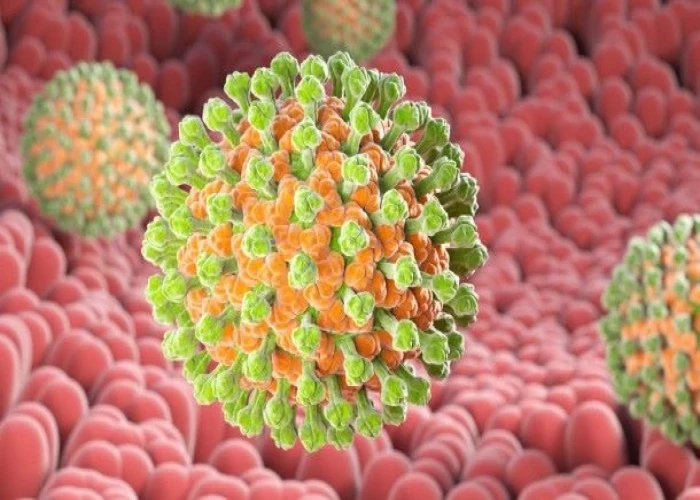 Welcome
Welcome
“May all be happy, may all be healed, may all be at peace and may no one ever suffer."
Rotavirus

Rotavirus is a very contagious virus that causes diarrhea. Before the development of a vaccine, most children had been infected with the virus at least once by age 5.
Although rotavirus infections are unpleasant, you can usually treat this infection at home with extra fluids to prevent dehydration. Occasionally, severe dehydration requires receiving fluids through a vein (intravenously) in the hospital.
Good hygiene, such as washing your hands regularly, is important. But vaccination is the best way to prevent rotavirus infection.
Research Papers
Disease Signs and Symptoms
- Diarrhea
- Nausea or vomiting
- Blood in stool
- High body temperature
- Has diarrhea for more than 24 hours
- Has black or tarry stool or stool containing blood or pus
- Have signs or symptoms of dehydration, including excessive thirst, dry mouth, little or no urination, severe weakness, dizziness on standing, or lightheadedness
Disease Causes
Rotavirus
Rotavirus is present in an infected person's stool two days before symptoms appear and for up to 10 days after symptoms lessen. The virus spreads easily through hand-to-mouth contact throughout this time — even if the infected person doesn't have symptoms.
If you have rotavirus and you don't wash your hands after using the toilet — or your child has rotavirus and you don't wash your hands after changing your child's diaper or helping your child use the toilet — the virus can spread to anything you touch, including food, toys and utensils. If another person touches your unwashed hands or a contaminated object and then touches his or her mouth, an infection may follow. The virus can remain infectious on surfaces that haven't been disinfected for weeks or months.
It's possible to be infected with rotavirus more than once, even if you've been vaccinated. However, repeat infections are typically less severe.
Disease Prevents
Rotavirus
To reduce the spread of rotavirus, wash your hands thoroughly and often — especially after you use the toilet, change your child's diaper or help your child use the toilet. But even strict hand-washing doesn't offer any guarantees. And commonly used alcohol-based hand sanitizers have little effect on rotavirus.
The World Health Organization recommends that all countries give infants a rotavirus vaccine. There are two vaccines available:
- RotaTeq. This vaccine is given by mouth in three doses, often at 2, 4 and 6 months. The vaccine isn't approved for use in older children or adults.
- Rotarix. This vaccine is a liquid given in two doses to infants at ages 2 months and 4 months.
The vaccines are considered safe and effective, and studies show that they prevent thousands of children from developing rotavirus every year. However, rarely, they can cause a part of the intestine to fold back on itself (intussusception), resulting in possibly life-threatening intestinal blockage.
Children who have had intussusception are more likely to have it again after receiving the rotavirus vaccine. The U.S. Food and Drug Administration recommends that the vaccine not be given to children who have a history of intussusception.
For children who don't have a history of intussusception, there is a very small risk that it can develop after the rotavirus vaccine is given. Even so, the benefits of the vaccine far outweigh the risks.
If your child has stomach pain, vomiting, diarrhea, blood in his or her stool, or a change in bowel movements after getting the rotavirus vaccine, contact your doctor immediately.
Disease Treatments
There's no specific treatment for a rotavirus infection. Antibiotics and antivirals won't help a rotavirus infection. Usually, the infection resolves within three to seven days.
Preventing dehydration is the biggest concern. To prevent dehydration while the virus runs its course, drink plenty of fluids. If your child has severe diarrhea, ask your doctor about offering an oral rehydration fluid such as Pedialyte or Enfalyte — especially if the diarrhea lasts longer than a few days.
For children, a rehydration fluid can replace lost minerals more effectively than can water or other liquids. Severe dehydration may require intravenous fluids in the hospital.
Anti-diarrheal medications aren't recommended for a rotavirus infection.
Disease Diagnoses
Disease Allopathic Generics
Disease Ayurvedic Generics
Disease Homeopathic Generics
Disease yoga
Rotavirus and Learn More about Diseases

Henoch-Schonlein purpura
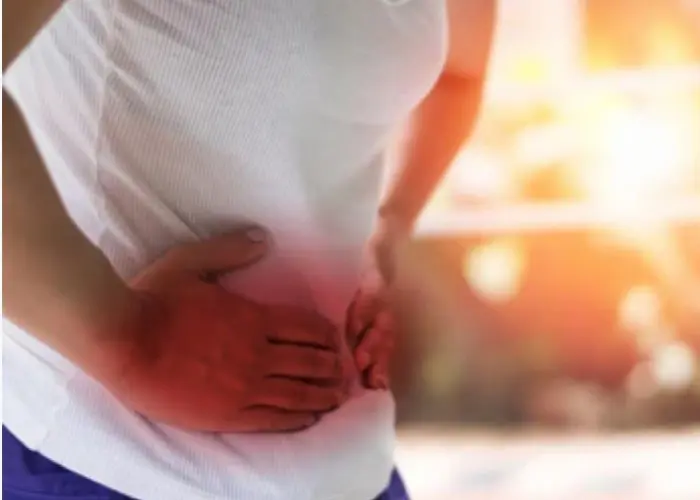
Crohn's disease
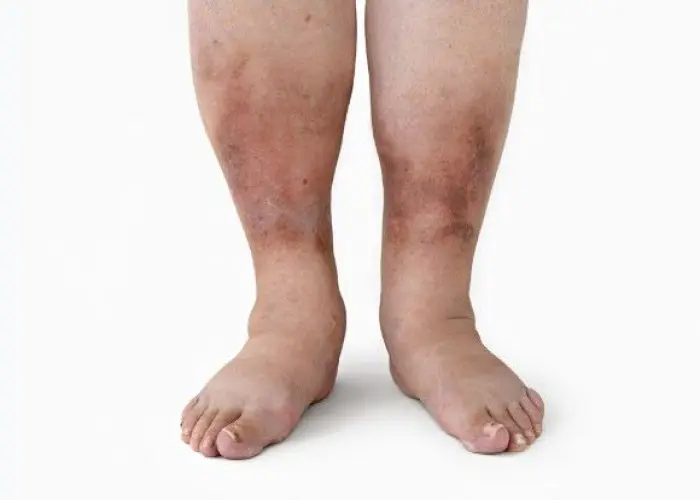
Diabetic nephropathy

High blood pressure in children
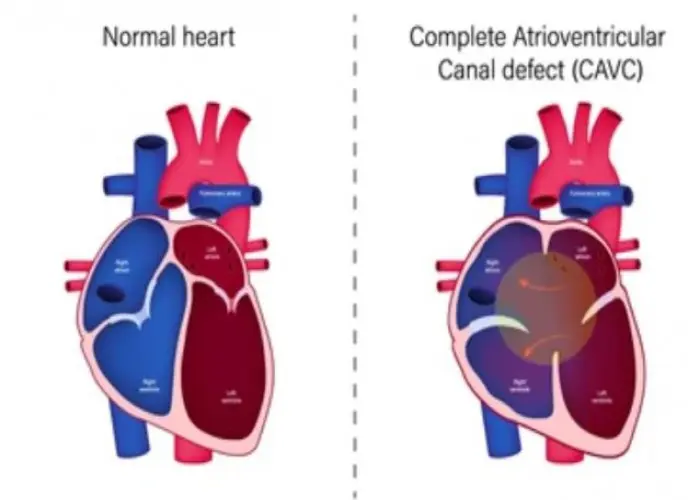
Atrioventricular canal defect
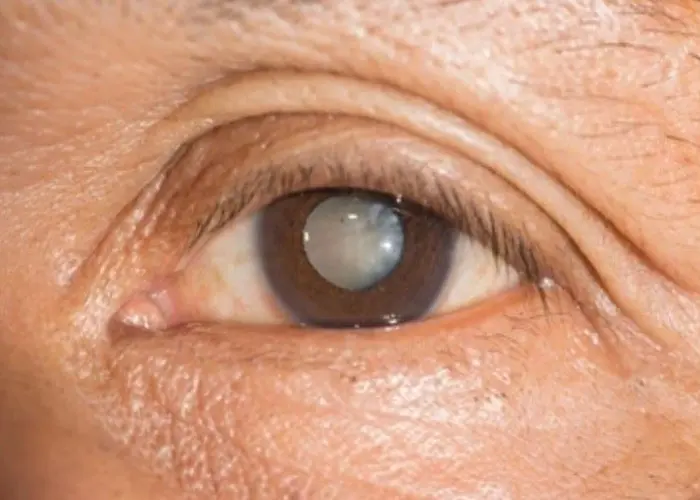
Cataracts

Hair loss

Bartholin's cyst
...
To be happy, beautiful, healthy, wealthy, hale and long-lived stay with DM3S.
